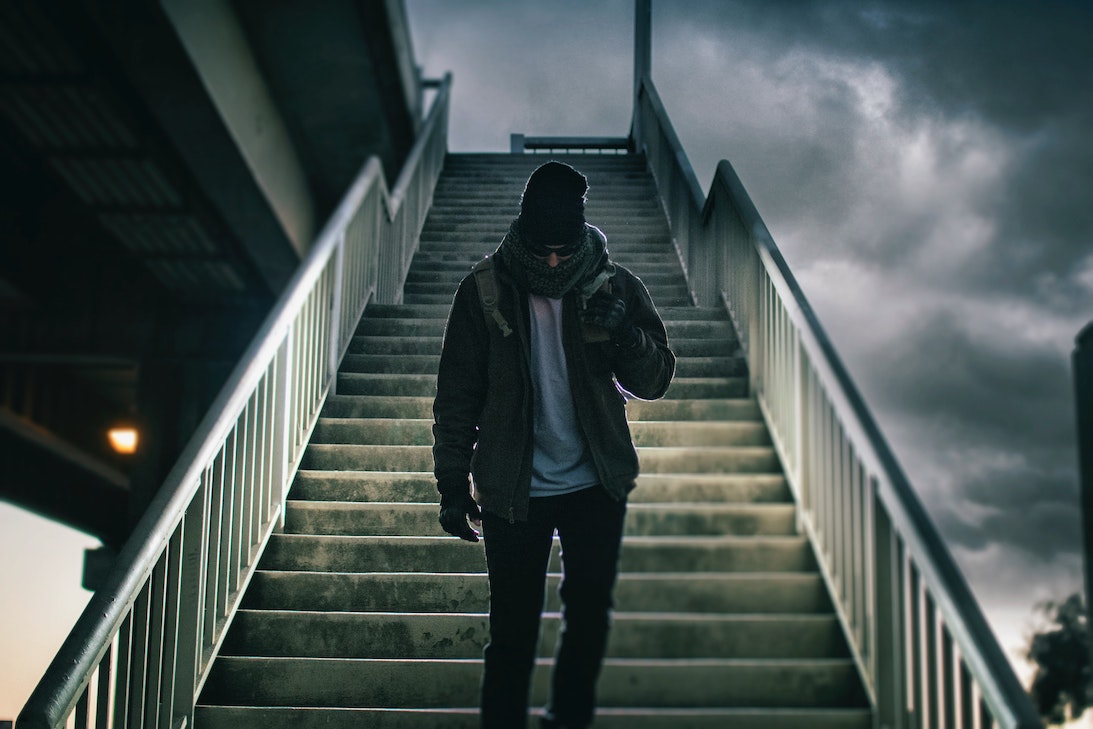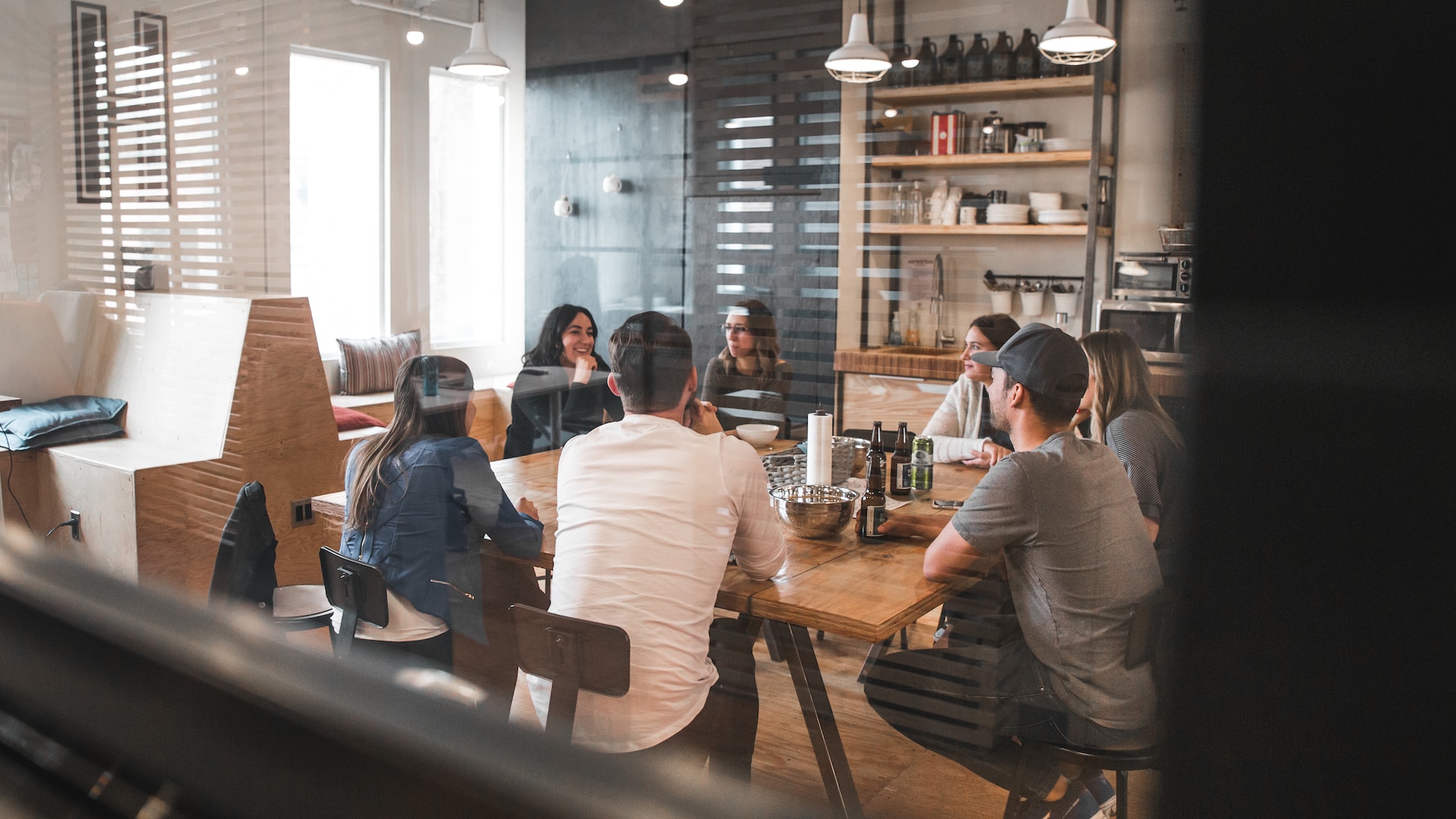
As the 2020 election season appears to emerge from uncertainty and Americans breathe a collective sigh of relief, there is still a looming threat–and very real possibility–of related violence breaking out. With tensions still high, we thought this would be a great time to review some basics of personal safety and self-defense:
Stay Vigilant
Always a good skill to practice, staying alert and aware of your surroundings is especially critical during times of uncertainty. Even though you may let your hair down at a friendly gathering or social event, you can’t quite do the same with your guard. Those who intend to do you harm know where people are least guarded, and may tend to seek out these venues to cause trouble–especially if they want to instill fear in a large number of people all at once.
Staying vigilant doesn’t mean that you have to be constantly paranoid, it just means that you should notice anything that looks out of place, or that doesn’t quite feel right. Sometimes, it may mean checking around corners or quickly looking in the back seat of your car before you get in. A small amount of vigilance can go a long way in keeping you safe.
Trust Your Instinct
If you do notice something that doesn’t quite sit right, trust your instinct. Is someone wearing a coat or heavy jacket that seems just a little too much for the current weather? Is someone walking in a way that doesn’t seem natural? Is someone making too much eye contact, or maybe looking at you while avoiding eye contact altogether?
While you may not consciously recognize these red flags, we are all inherently aware of cues that could signal danger. If something doesn’t feel right, there’s a good chance that it isn’t and you should take measures to avoid the situation. Avoidance could be as simple as crossing to the other side of the street or taking a different elevator; if you feel something is seriously amiss, though, it could also be beneficial to proactively contact the authorities.
De-Escalate First
If the time comes that you’re presented with a threat, the first (and best) measure of self-defense is to try to deescalate the situation. In a time when everyone is on edge and tempers are easily triggered, a few kind words and tactical empathy can mean the difference in diffusing an imminent altercation.
Be mindful of your tone; calm, rational talk and apologetic inflection can go a long way toward calming a tense situation. Open hands, extended in front of your face, can present a defensive, calming stance while also creating distance between you and a possible attacker… these open hands can instantly convert into weapons, too, should the need arise. Above all, if you’re faced with a potential threat, remaining calm and being aware of your words–striving not to further agitate the attacker–may be your strongest defense.
Don’t Rely on Weapons
Many people, especially in the United States, rely heavily on weapons (and, in particular, guns) that provide a false sense of security. In most cases, simply having a gun isn’t enough. Removing a gun from its holster, chambering a round, disarming the safety, and acquiring a target require some measure of fine motor skills… and fine motor skills are the first asset you lose in a stressful situation. For many people, just the time required to remove the gun from its holster creates a vulnerability that an attacker can exploit. A skilled attacker can also take a gun right out of your hands before you even have a chance to use it.
Guns can also be difficult to use in a home-defense situation. If your gun has a trigger lock, for example, are you really capable of entering the combination and unlocking the gun in the dark? Or, if the gun is on the other side of the house, how accessible is it if the intruder is between you and it?
Firearms are absolutely beneficial tools, but simply having one isn’t enough. If you don’t train regularly, consistently and extensively with it, they can be more of a liability than an asset.
Train
Whether you use a weapon, martial arts or just your words to defend yourself, you must keep these skills sharp by consistently training. A good training regimen will aid in keeping all of the above mentioned skills sharp, and can help you actively diffuse and deescalate impending threats.
Even better, consistent training has been proven to help practitioners lose weight, boost confidence and improve mental clarity. Whether you do it to protect yourself or just generally make your life better, consistent training will go a long way toward helping you survive even the most extreme times of uncertainty.
About Ariana Society and Tactical Life Coach:
Ariana Society is a private, VIP membership organization. Members enjoy numerous perks, including 24/7 streaming workouts, meditations, yoga and discounted sessions with Tactical Life Coach. Tactical Life Coach is a professional life coaching service designed to help clients lose weight, build confidence and overall live a better life. Learn more about Tactical Life Coach here, or click here to join Ariana Society and get 50% off Tactical Life Coaching sessions.






